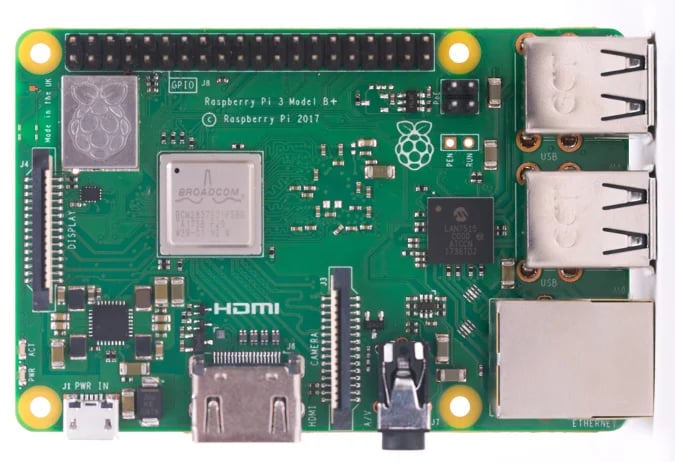Raspberry Pi


Exploring Raspberry Pi: The Ultimate Single-Board Computer
The Raspberry Pi is a series of affordable, credit card-sized single-board computers (SBCs) developed by the Raspberry Pi Foundation, a UK-based charity. Since its launch in 2012, it has transformed computing education and made digital innovation accessible to people worldwide. Whether you're a student, hobbyist, or tech enthusiast, Raspberry Pi offers a powerful and budget-friendly way to dive into programming, hardware projects, and more.
Evolution of Raspberry Pi
The Raspberry Pi started with a 700MHz single-core CPU and 256MB RAM, and over the years, it has evolved into more powerful models like the Raspberry Pi 4, which boasts a quad-core CPU (1.5GHz) and up to 8GB RAM. Despite these advancements, Raspberry Pi has maintained its affordability, with flagship models priced under $100 and the ultra-cheap Raspberry Pi Zero available for just $5.
Raspberry Pi Models Over the Years
The Raspberry Pi lineup has seen multiple generations, each bringing enhancements in performance and functionality:
Pi 1 Series (2012-2014) – The original Model A and B, later improved with the Model B+.
Pi 2 (2015) – A major upgrade featuring a quad-core CPU and 1GB RAM.
Pi 3 Series (2016-2019) – Added built-in Wi-Fi and Bluetooth, improving connectivity. https://amzn.to/3FnnCMv
Pi 4 (2019-2020) – Brought USB 3.0, dual micro-HDMI, and up to 8GB RAM, making it capable of handling desktop tasks. https://amzn.to/43K8BOG
Pi 400 (2021) – A unique keyboard-integrated Raspberry Pi, great for learning and productivity. https://amzn.to/3QZzNl1
Pi Zero & Zero W Series (2015-2017) – Ultra-compact and cost-effective, perfect for IoT and embedded applications. https://amzn.to/3DBTVXn
Why Raspberry Pi?
The Raspberry Pi stands out because of its flexibility and affordability. It runs Linux-based operating systems like Raspberry Pi OS, features GPIO pins for electronics projects, and can be used for a variety of applications:
Learning to Code – A fantastic tool for beginners exploring Python, C++, and Scratch.
Home Automation – Used to control smart home devices, security systems, and more.
Edge Computing & AI – A low-cost way to run AI and machine learning models.
DIY Projects – From retro gaming consoles to media servers, Raspberry Pi inspires creativity.
Industrial Use – Deployed in factories, kiosks, and embedded systems due to its reliability and efficiency.
The Open-Source Ecosystem
Raspberry Pi is deeply rooted in the open-source community. It runs various Linux distributions, including Ubuntu and Kali Linux, and the Raspberry Pi Foundation actively contributes to Linux kernel development. The foundation also supports global educational programs like Code Club and CoderDojo, ensuring that more people can learn computing skills regardless of their background.
Final Thoughts
Whether you’re an aspiring programmer, an IoT enthusiast, or just someone looking for an affordable computing solution, Raspberry Pi delivers a perfect balance of power, versatility, and cost-effectiveness. From education to industrial applications, its impact continues to grow, proving that a small device can make a big difference.
Insight
Explore tech and finance for future success.
© 2025. All rights reserved.
